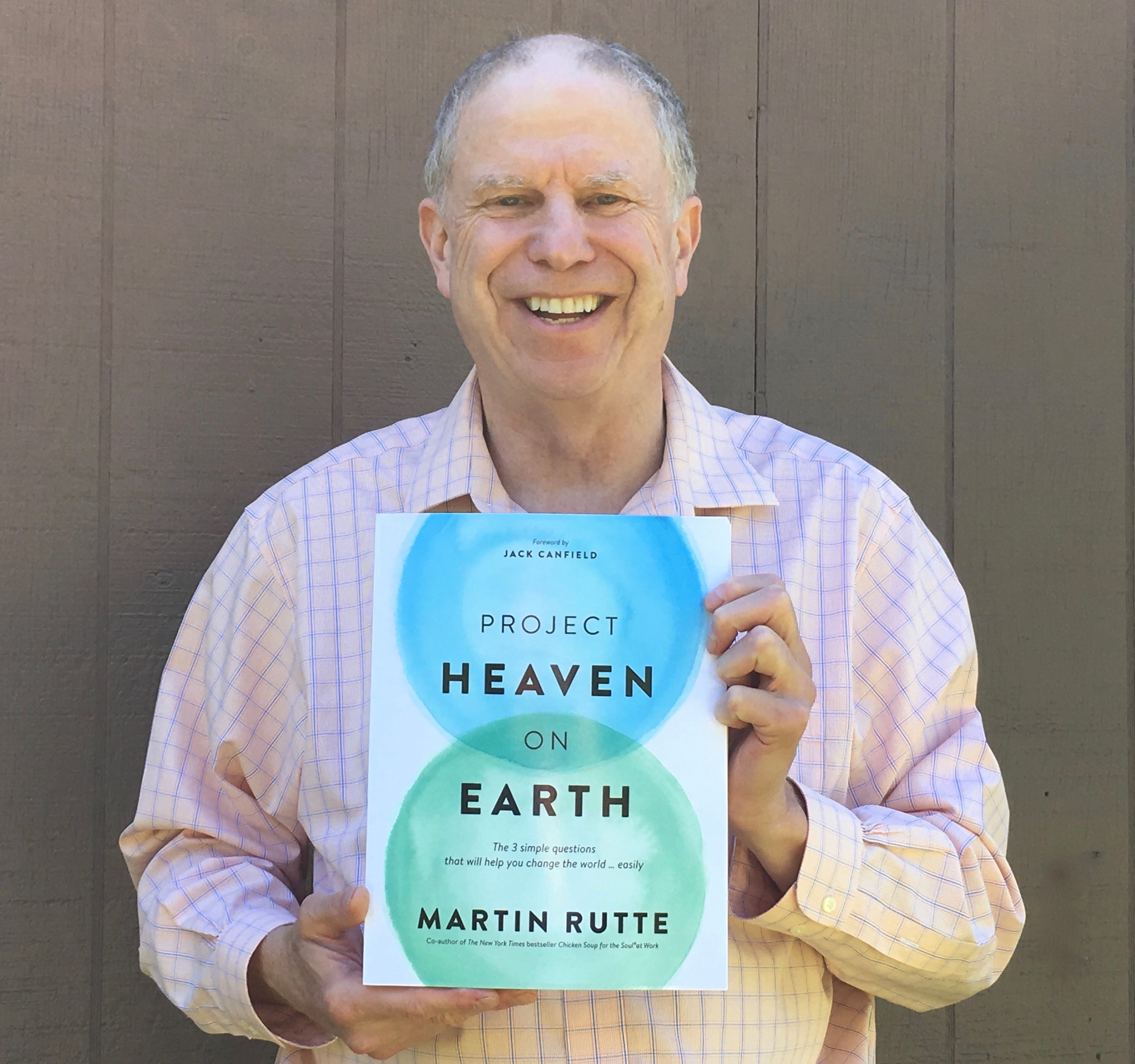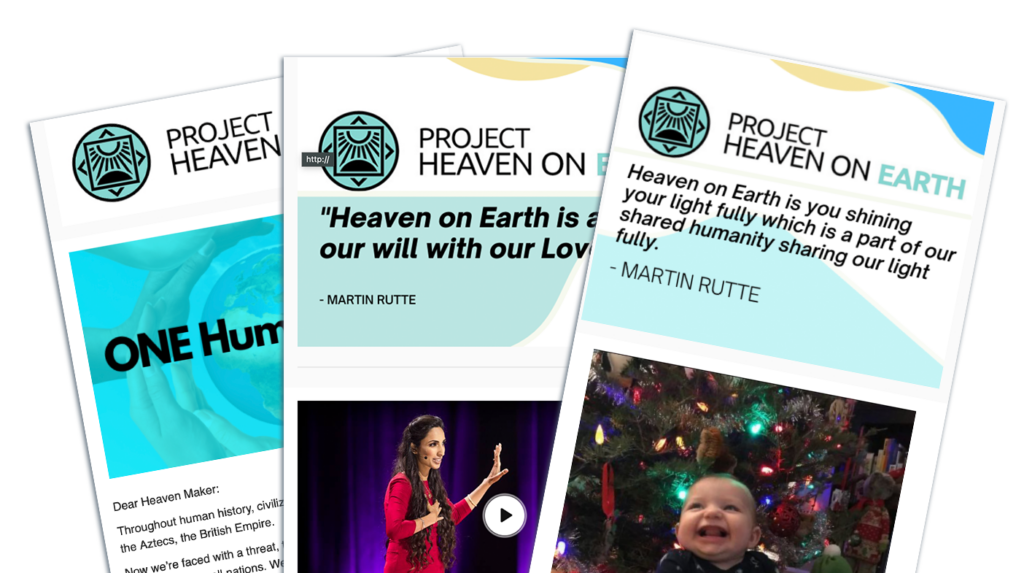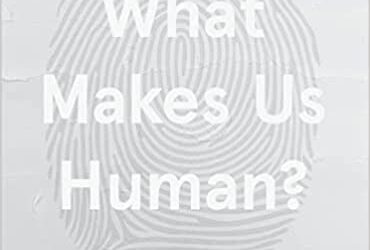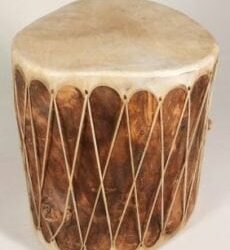To share this post by email, click here.
Dear Heaven Maker:
Have you ever been upset seeing a vegetable or fruit wrapped in single-use plastic? By observing nature, Apeel Sciences has figured out how to eliminate that plastic waste and reduce food spoilage. It’s an elegantly simple Heaven on Earth solution.
In the video you’ll see vegetables and fruit without the covering (on the left) and with the covering (on the right). You’ll be amazed at how it works and you can actually eat the covering!!! It’s simple, it’s brilliant….it works.
Here’s an edited article describing what they’ve done.
Love,
Martin
++++++++++++++++++++++++++++++++++++++++++
English cucumbers—the long, seedless, thin-skinned kind—are the poster child for the tradeoff that has long plagued shoppers in the produce aisle. In order to protect their fragile exteriors, each is wrapped in two grams of plastic, the equivalent of five plastic straws.
Therein lies the dilemma: Fruits and veggies encompassed in single-use plastic prolongs shelf life but adds to the enormous amount of trash that ends up in landfills and oceans. Yet the alternative—produce without plastic—can mean more spoilage and food waste.
Apeel Sciences is proving that the plastic versus food-waste face-off is “a false choice,” says CEO James Rogers.
Founded by Rogers in 2012 with a grant from the Bill & Melinda Gates Foundation, Apeel has partnered with vegetable grower Houweling’s Group to produce “plastic-free” English cucumbers.
The cucumbers is coated in an edible substance that Apeel has made from materials found in plants (think banana leaves), creating an invisible barrier that can’t be seen, felt, or tasted. This layer extends shelf life by keeping moisture inside the cucumber and keeping oxygen out—two factors that lead to spoilage.
Rogers says that Apeel has installed its eq food system that’s not built ouipment at Houweling’s facility, where its product arrives in powder form before it’s reconstituted and applied to the produce.
Every 500,000 cases of Apeel English cucumbers shipped will lead to the elimination of the equivalent of 820,000 single-use plastic water bottles and reduce greenhouse gas emissions by the equivalent of planting 790 trees, Apeel says.
“We’re showing that you can actually reimagine a food system that’s not built on the foundation of single-use plastic,” Rogers says. He believes that we are currently living in the “Plastic Age” of human development right now, but that we should and must “move into an age where the materials we use are the ones nature is already providing us.”
Apeel’s first product avocados are sold in the likes of Kroger but its cucumber launch with Walmart is its first partnership with the largest seller of food in the US. Walmart sells almost 25% of the country’s fresh produce, Rogers says, making Apeel’s entry into the retailer “a significant milestone” for the startup.
Rogers describes Apeel’s approach as essentially learning from lemons and oranges and their robust peels, and teaching those lessons to the likes of cucumbers. Early on in his research for the company, Rogers—a materials scientist—wanted to understand why if you left a strawberry on the counter it would turn into a puddle, while a lemon would remain unchanged. He found that the exteriors of both were made of the same cells but the molecules were arranged differently.
Apeel takes that edible substance made of ubiquitous plant material and creates a solution in which the molecules are arranged more closely to those on a lemon after drying on a piece of produce. Rogers says the formulation is different depending on the type of fruit or vegetable.
In addition to cucumbers and avocados in both the U.S. and Europe, Apeel has a product for apples and limes in the U.S., and citrus in Europe. In Germany, its retail partner has found that Apeel avocados have resulted in a 50% reduction in store waste and a 20% increase in sales in the category. “When you give people something they waste less of,” Rogers says, “they buy more of it.”
Trying to fool, control, and outsmart nature is the wrong strategy, Rogers contends. “We don’t actually believe you can beat nature,” he says. “The only way we’re going to survive as a species is to partner with nature, and create a solution that operates in accordance with the system we are part of.”
Original article here.

 Martin Rutte
Martin Rutte




